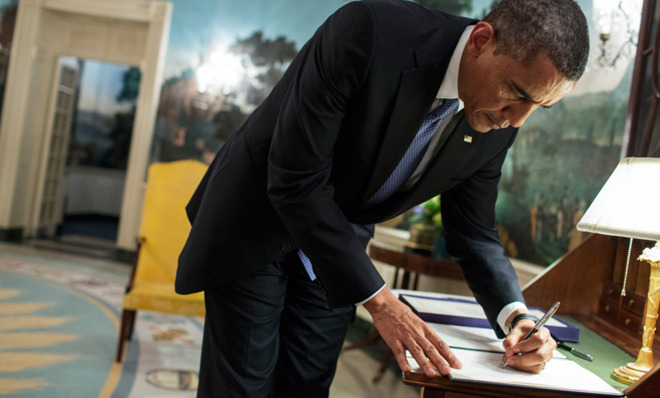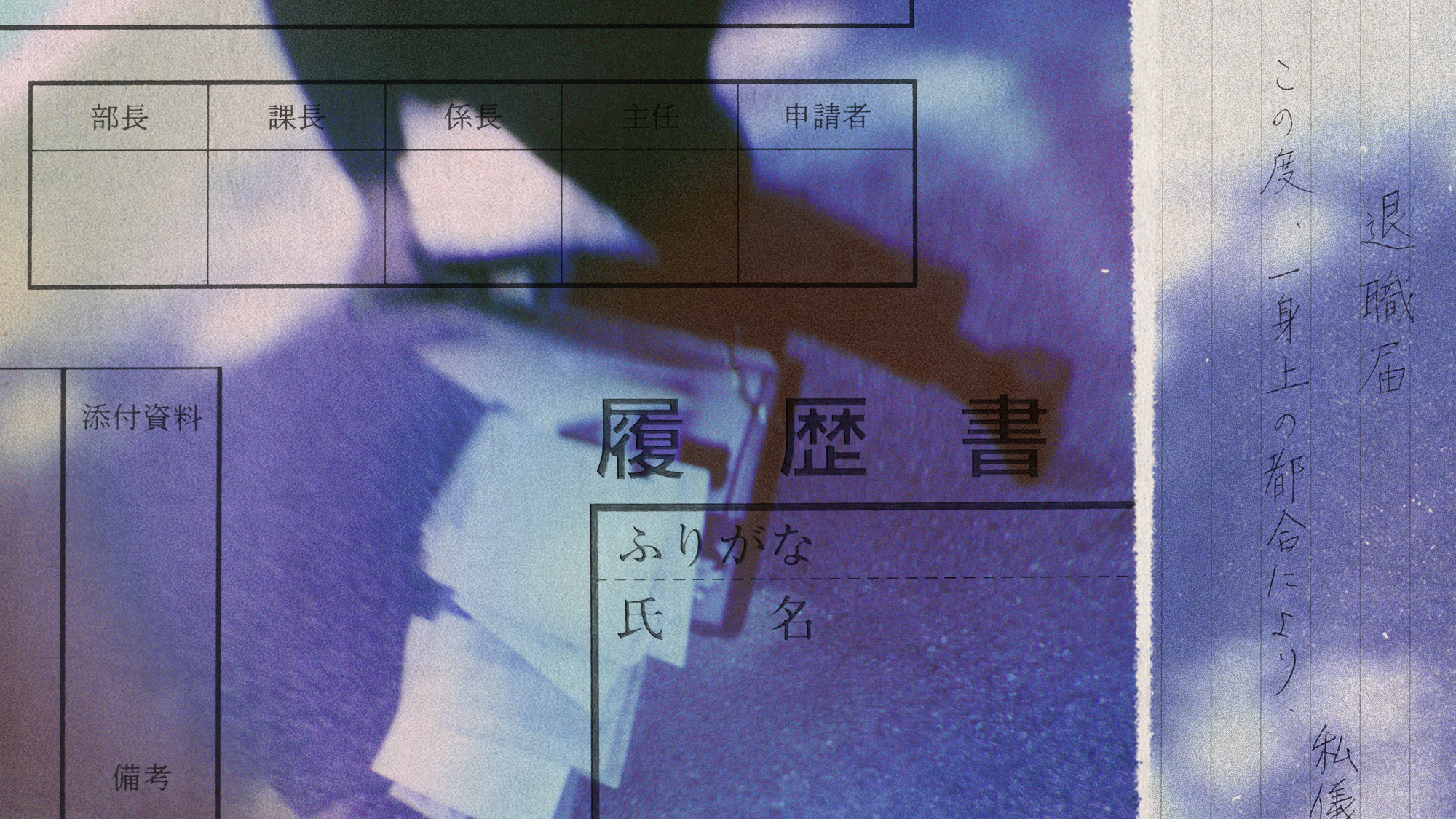How long until your signature is obsolete?
Visa and MasterCard are phasing out signatures on credit card transactions. They've just seen the writing on the wall.


The signature has always been an imperfect method to prove you are who you claim to be, especially when your John Hancock is your barter for money. After all, signatures can and have been forged. Ask any high schooler.
Visa and MasterCard have apparently reached the same conclusion. On Thursday, The Wall Street Journal reported that the two credit card giants are getting rid of swipe-and-sign transactions, meaning your signature will no longer be requested when the waiter brings you your check or the cashier swings the signing pad in your direction. Instead, starting in October 2015, all Visa and MasterCard transactions will be chip-and-PIN: You'll stick your card into a slot and enter a personal identification number to complete your purchases.
In ditching the signature, Visa and MasterCard are merely paying heed to the writing on the wall. Most of the developed world uses chip-and-PIN cards at this point, and they have lower rates of credit card fraud. The U.S. accounts for a quarter of the world's credit card transactions and half of its fraud cases. That's not all about the signature — the magnetic strip is the bigger security risk — and PINs can be stolen, too.
The Week
Escape your echo chamber. Get the facts behind the news, plus analysis from multiple perspectives.

Sign up for The Week's Free Newsletters
From our morning news briefing to a weekly Good News Newsletter, get the best of The Week delivered directly to your inbox.
From our morning news briefing to a weekly Good News Newsletter, get the best of The Week delivered directly to your inbox.
But this is just one more sign that the signature is becoming obsolete. You still affix your name to mortgage agreements and other legal documents, but for how much longer? Right now a good number of such documents are being exchanged over the internet, and the current best solution — somehow getting a photo of your signature on your computer, then scaling it and pasting it in the right place on the PDF — is at best a temporary fix.
If a better way to legally "sign" documents online is probably only a few years away, that might spell the end of the on-paper signature. What will replace it? Grant Piper at The Japan Times suggests "some digital device like the signet rings of old, a device programmed with data to confirm our identity. Just press it to the pad or screen."
Email has all but eliminated the personal letter, Facebook has largely replaced the birthday card, and those people who still send holiday cards tend to make do with fancy, internet-generated photo cards. The online party invitation has eclipsed the paper kind. Thank you notes are still an etiquette essential, but one that is badly neglected. Checks? Services like PayPal will obviate your need to mail in payments to your landlord or mortgage servicer.
In a handful of years, the only people who will still get any mileage out of the signature will be celebrities. I guess that's one less reason to get upset about the imminent demise of cursive.
A free daily email with the biggest news stories of the day – and the best features from TheWeek.com
Peter has worked as a news and culture writer and editor at The Week since the site's launch in 2008. He covers politics, world affairs, religion and cultural currents. His journalism career began as a copy editor at a financial newswire and has included editorial positions at The New York Times Magazine, Facts on File, and Oregon State University.
-
 Why quitting your job is so difficult in Japan
Why quitting your job is so difficult in JapanUnder the Radar Reluctance to change job and rise of ‘proxy quitters’ is a reaction to Japan’s ‘rigid’ labour market – but there are signs of change
-
 Gavin Newsom and Dr. Oz feud over fraud allegations
Gavin Newsom and Dr. Oz feud over fraud allegationsIn the Spotlight Newsom called Oz’s behavior ‘baseless and racist’
-
 ‘Admin night’: the TikTok trend turning paperwork into a party
‘Admin night’: the TikTok trend turning paperwork into a partyThe Explainer Grab your friends and make a night of tackling the most boring tasks
